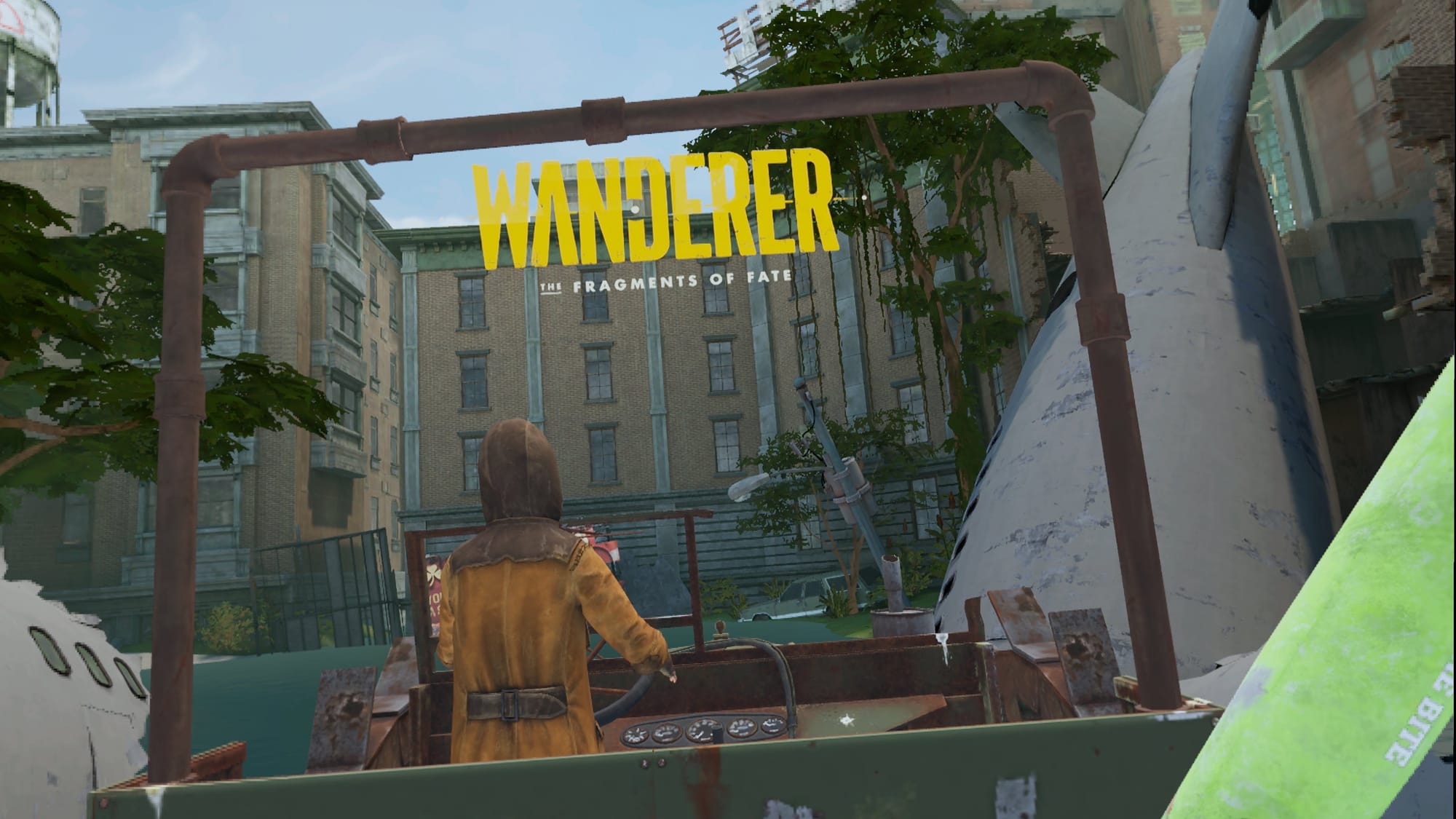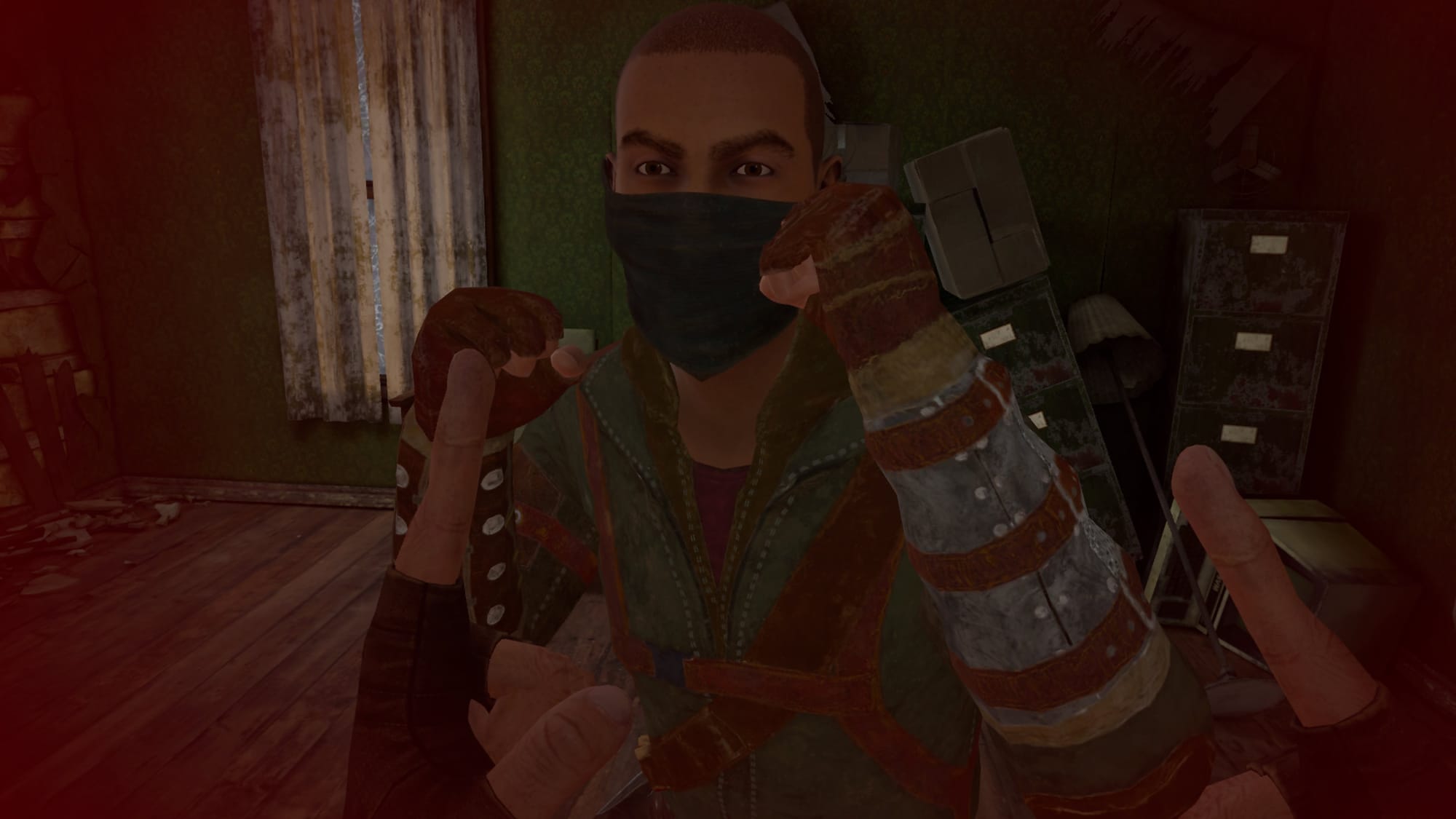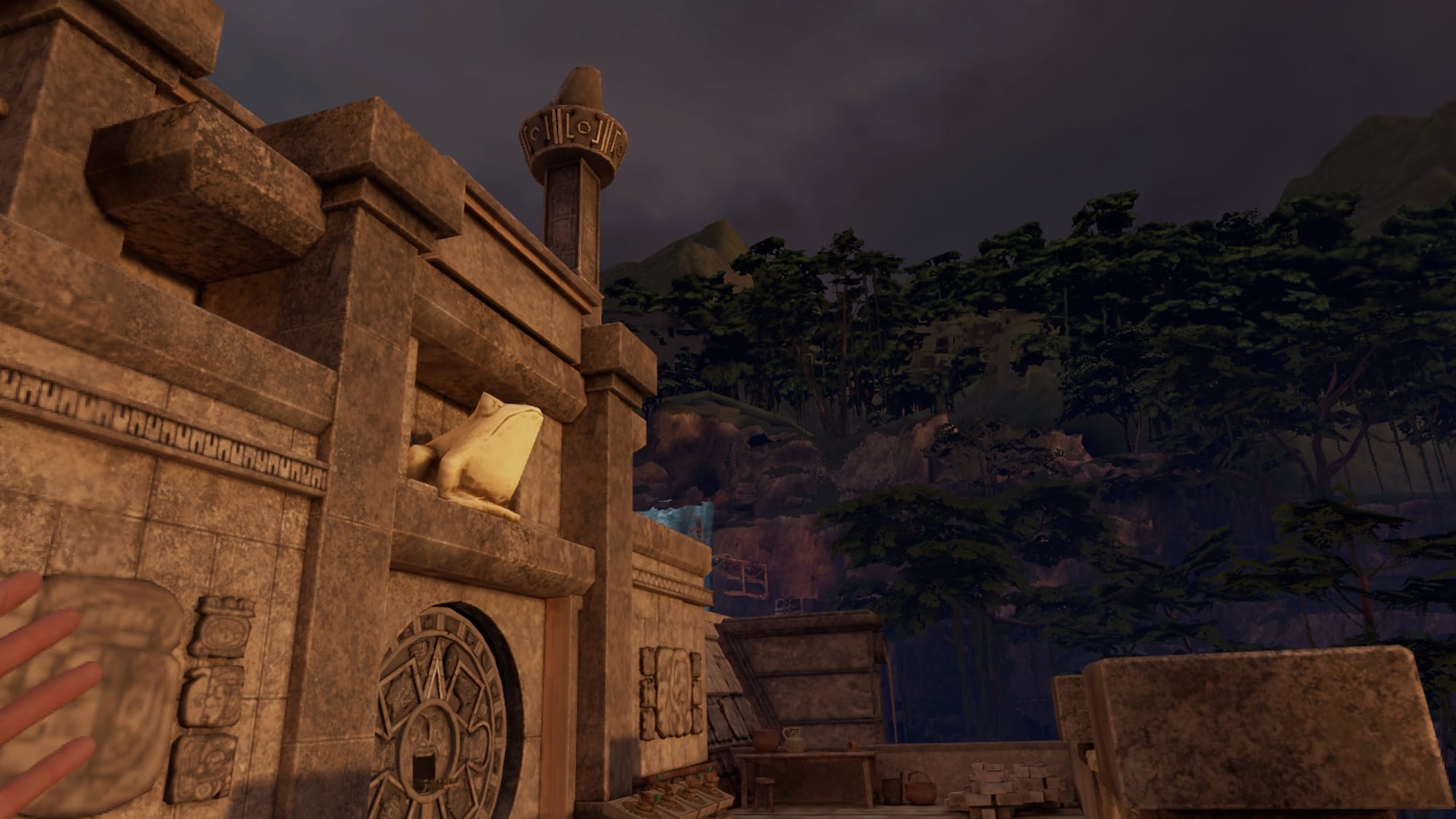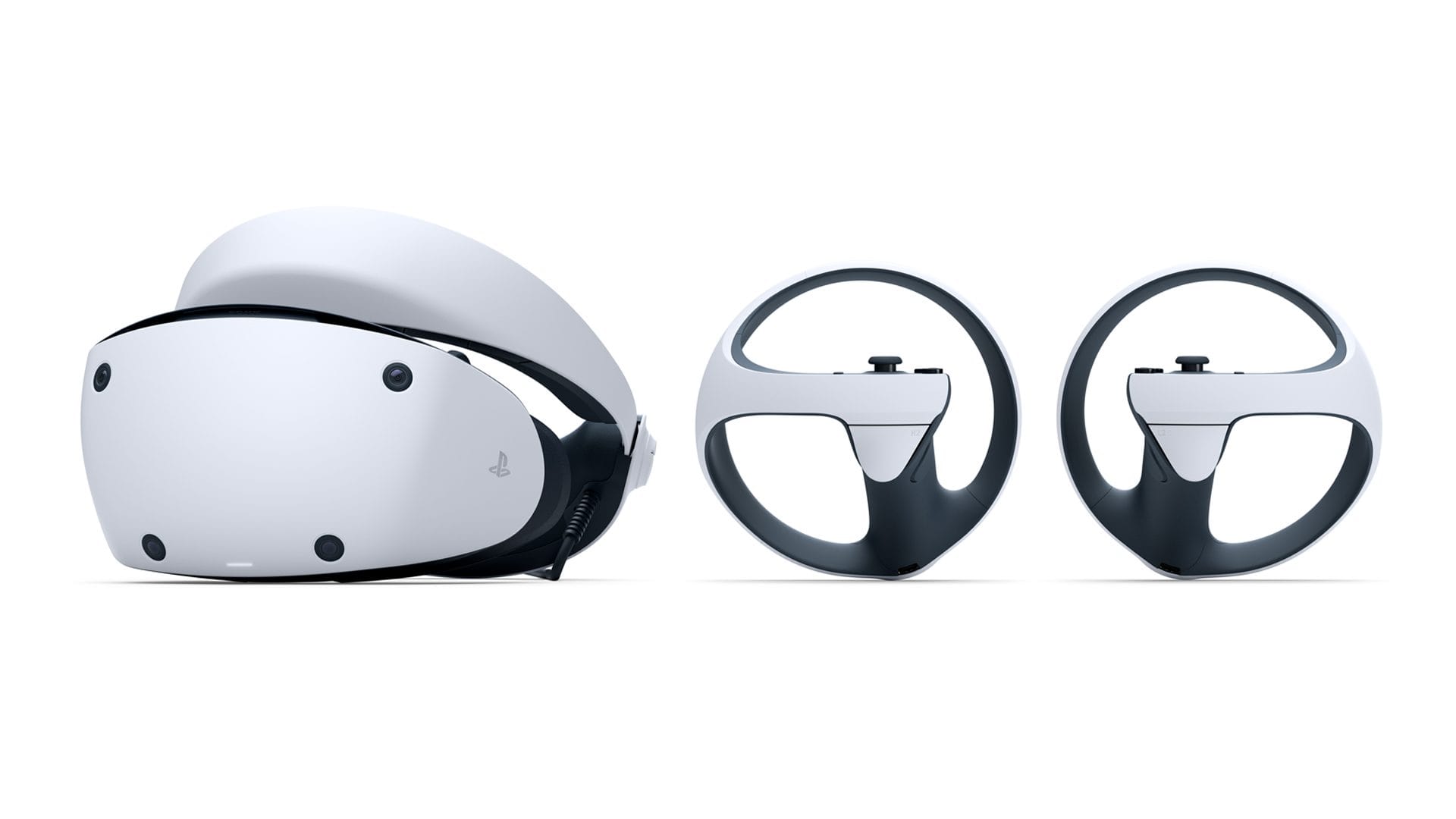Wanderer: The Fragments Of Fate Review - An Ambitious Puzzle Adventure In Need Of More Time
Wanderer: The Fragments of Fate is an ambitious puzzle adventure with amazing potential, but is sorely let down by performance issues. Our full review.


Wanderer: The Fragments of Fate is an ambitious VR puzzle adventure game developed by New Zealand-based studio Mighty Eyes. After many delays the highly anticipated game has finally made its way to Quest and PS VR2 platforms, but the big question remains: Was it worth the wait?
A Note To The Reader
It’s worth noting a few points on the context in which this review is delivered before we proceed any further.
Following up on the original Wanderer (released on PCVR in 2022), Wanderer: The Fragments of Fate exists in the gray space between a remaster and a pseudo-sequel, insofar as it uses elements of the original game but expands the scope of the adventure.
Having never played the original, I was able to experience the world of Wanderer independently during my playthrough of The Fragments of Fate. As such, this review does not comment as to how much of the content on offer is recycled from the previous iteration.
Also, my playthrough was completed exclusively on Quest 3 and as such does not directly comment on the comparative merits of the PS VR2 iteration of the game.
With that out of the way, let’s take a little trip through time, shall we?
Time Travel Is Never Easy
Wanderer: The Fragments of Fate is a narrative-driven, single-player puzzle adventure that takes place across numerous points throughout history. The story sees the player begin among the ruins of Boston in a not-too-distant future, where you are prompted to make a perilous journey to find your grandfather’s apartment. From here, a time-bending tale of mystery and intrigue begins to unfold that sees you traversing throughout history across multiple convergent timelines.
The narrative is both clever and engaging, staying interesting throughout the lengthy 12 – 15 hour campaign (it’s a puzzle game, so your mileage may vary). From an early point you are joined by a guide of sorts (no spoilers) who helps you navigate through what would otherwise be a fairly difficult path to follow.
Despite occasional points where you can choose from a range of objectives to pursue, the adventure is broadly linear. However, that linear pathway is not always obvious. As such, your companion becomes essential to making sure that you’re in the right time and place to continue your adventure.
Time Flies When You’re Having Fun
As far as the puzzle component of this adventure goes, Wanderer: The Fragments of Fate is top tier.
The game offers an impressive variety of puzzle types, all of which are well-integrated into the time-bending mechanics. There is very little sense of repetition or iteration among the puzzles themselves, with most employing fresh techniques to get you scratching your head.
The inevitable backtracking through history (and your grandfather’s apartment) can get tiresome after a while. Despite this, the puzzles remain challenging and each new area will have you taking a moment to mentally reset, shifting your thinking as you figure out how to approach the next sequence.
The puzzles make great use of the physicality of VR and provide players with a real sense of accomplishment upon completion. It’s difficult to portray the sophistication of many of the puzzles without spoiling the narrative, as these mechanics are so neatly interwoven with the story. Broadly speaking though, they are varied, inventive, fair and consistent. Well, for the most part.
Later in the game there were a few puzzles that diverted from previously established game logic, making them more difficult to solve than they should have been. There were also a few puzzles that required the use of seemingly unconnected items gained hours earlier in the campaign, and these felt like a completely improbable solve in retrospect.
For these instances (and a few others where a puzzle just legitimately stumped me), there is an in-game hint system that helps players push on. While I generally loathe to use hints for puzzle games, being provided with a solution that I would never have worked out, allowing me to progress, was a godsend. Used sparingly, this system is great for keeping players of all aptitudes moving through the story, avoiding game-abandoning frustration along the way.
Time To Kill
In addition to the puzzle elements, Wanderer: The Fragments of Fate also includes numerous action sequences, ranging from hand-to-hand combat to pitched gun battles. While the concept of an epic, time-spanning action-packed puzzle adventure sounds great in principle, the implementation of these sections falls far short of their potential. Every element of the combat is woefully under-baked and as a result, these sequences end up detracting from everything else that the game does so well.
From the first combat encounter the flaws are painfully obvious. The game instructs you to punch someone, but the controls won’t let you form a fist, so you’re left to aggressively poke your attacker with a single extended finger. Attempts at parrying are clumsy and inconsistent, and opponents’ movements are limited and jerky. Soon enough, any sequences that require close-quarters combat elicit a groan of resentment rather than any sense of tension.
Sadly, ranged combat doesn’t fare much better. Gun handling is needlessly hard due to the physics system. Reloading is finicky and the auto aim is so overactive that it almost negates your participation at all, although this can be turned off. Headshots don’t seem to do anything and despite the large array of historical weaponry on offer, every encounter feels like a rinse and repeat. Simply aim in the general direction of your assailant, shoot once, wait for their recoil animation to play out (hits don’t register while this animation is playing) then make a second shot.
If the combat had been better executed, with even half the depth of Blade and Sorcery or Zero Caliber 2 for their respective combat genres, Wanderer: The Fragments of Fate would have been on track to being one of the all-time greats. In its current state, however, combat feels so cumbersome and unnecessary that the game is lessened by its inclusion.
There’s Always A Paradox
Unfortunately, Wanderer: The Fragments of Fate is absolutely littered with technical issues which seriously impact the overall enjoyment of the game. The Quest version struggles with constant frame drops, glitches, and broken physics interactions that undermine the whole experience. The frame rates chug so laboriously that they eventually caused me headaches and mild nausea.
Several times physics interactions would go haywire and my hand or an item would embed inside an object, which would force me to restart the game in order to progress. In addition to this, I experienced at least a half dozen hard crashes throughout my play through.
These technical difficulties are severe enough to border on game breaking. There were a number of occurrences where I spent 30 – 40 minutes searching for the next step only to discover later that a key item had not loaded in and progress was impossible without reverting to a previous save.
The biggest impact this has on a puzzler, is that it makes you lose faith in the integrity of the puzzle. After the third instance where a glitch held me up for a significant amount of time, whenever I struggled with something I found myself defaulting to “it must be another glitch” as opposed to “maybe I should try this another way”. For a game full of brilliantly challenging puzzles, this mental switch was a death blow and marked the end of my enjoyment.
Comfort
Wanderer: The Fragments of Fate launches with all the comfort options that one would expect. Teleport or artificial stick-based locomotion, smooth or snap turning, vignettes, seated or standing options. It's all there to make sure the experience is as accessible to everyone as can be possible.
Judging The Book By Its Cover
Graphically, the Quest version of Wanderer: The Fragments of Fate is a mixed bag. While the environments are large and beautifully designed, they suffer from grainy textures, constant pop-in, and severe artifacting during object interactions. The physics system, which is impressive in concept, seems to overburden the hardware and creates performance trade-offs that hinder the experience.
In fact, at the end of my time I was ultimately disappointed that my first (and probably only) run through of this intricately designed world had taken place on a version so riddled with compromise. Were I gaming strictly for fun, after the first hour I would have given up and waited for the Steam version. Or at very least, a raft of patches to roll out before heading back into the future.
Is That You, Matthew?
The sound design is the best element of the game’s presentation. The voice acting is excellent, particularly from the timepiece companion, who channels Matthew McConaughey so well that I’m still not one hundred percent convinced that it’s not actually him. The rich, characterful voice acting from the entire cast goes a long way toward bringing the narrative to life.
The soundtrack is well-composed, knowing when to swell and when to fade into the background. In a game where silence is often necessary for puzzle-solving, the score does a great job of disappearing in an unobtrusive way that complements the gameplay perfectly. The selection of in-world music, accessed through cassette tapes hidden throughout the game, is also excellent and really builds the authenticity of this alternate timeline.
Wanderer: The Fragments Of Fate Review - Final Verdict
Wanderer: The Fragments of Fate shows immense potential, offering a uniquely engaging narrative and an outstanding array of creative and satisfying puzzles. In fact, the puzzles are truly wonderful that without the constant technical issues this could easily have been the best game of its genre that I’ve played.
However, the technical issues and poor combat implementation make it difficult to recommend the game in its current state. It is clear that beneath these problems is a truly exceptional game that, with proper patches and improvements, could easily become one of the best VR experiences available to date. For now, however, it might be best to wait.
UploadVR uses a 5-Star rating system for our game reviews – you can read a breakdown of each star rating in our review guidelines.






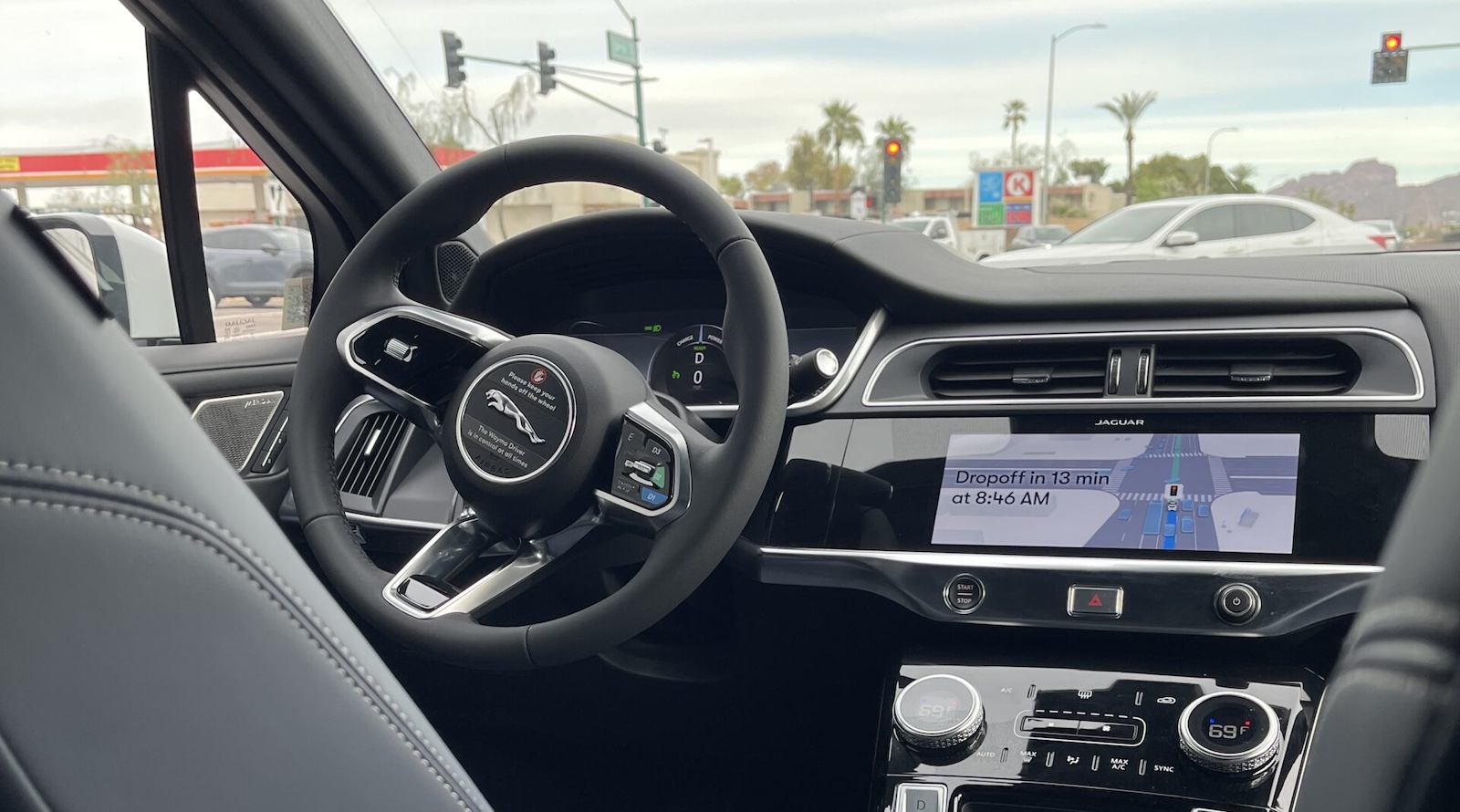























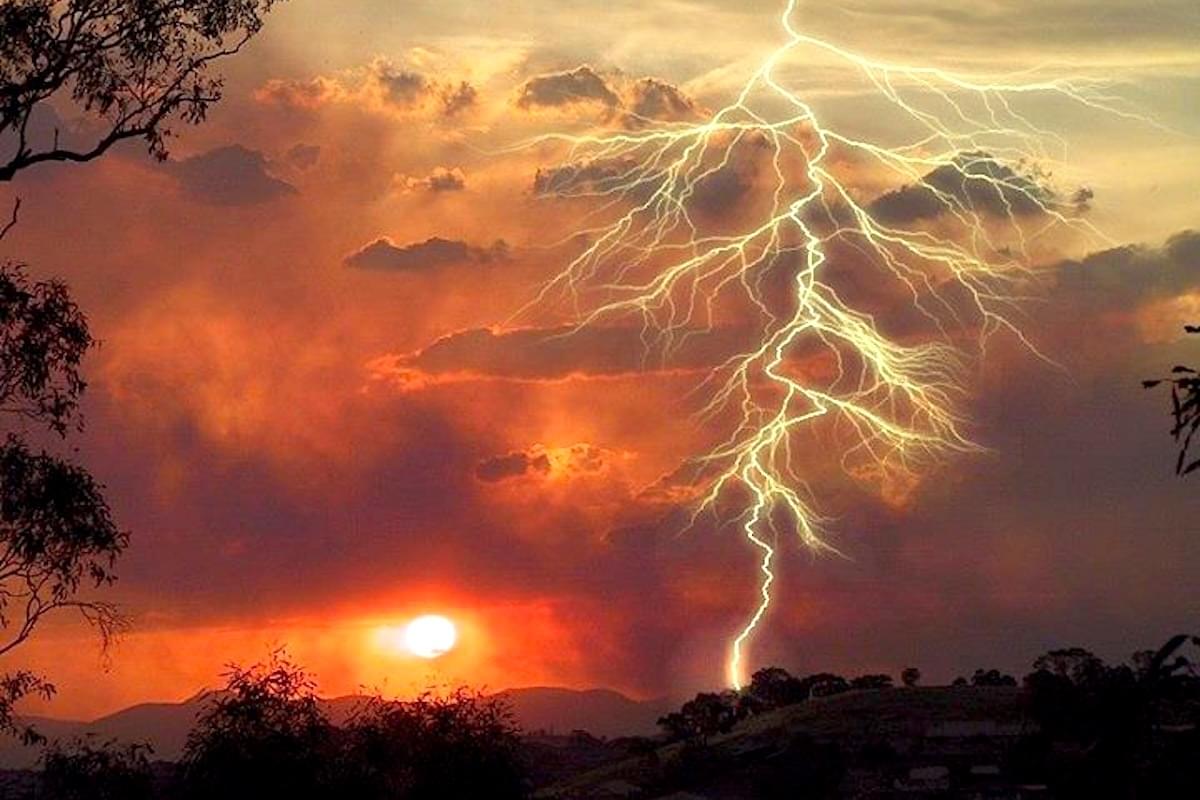












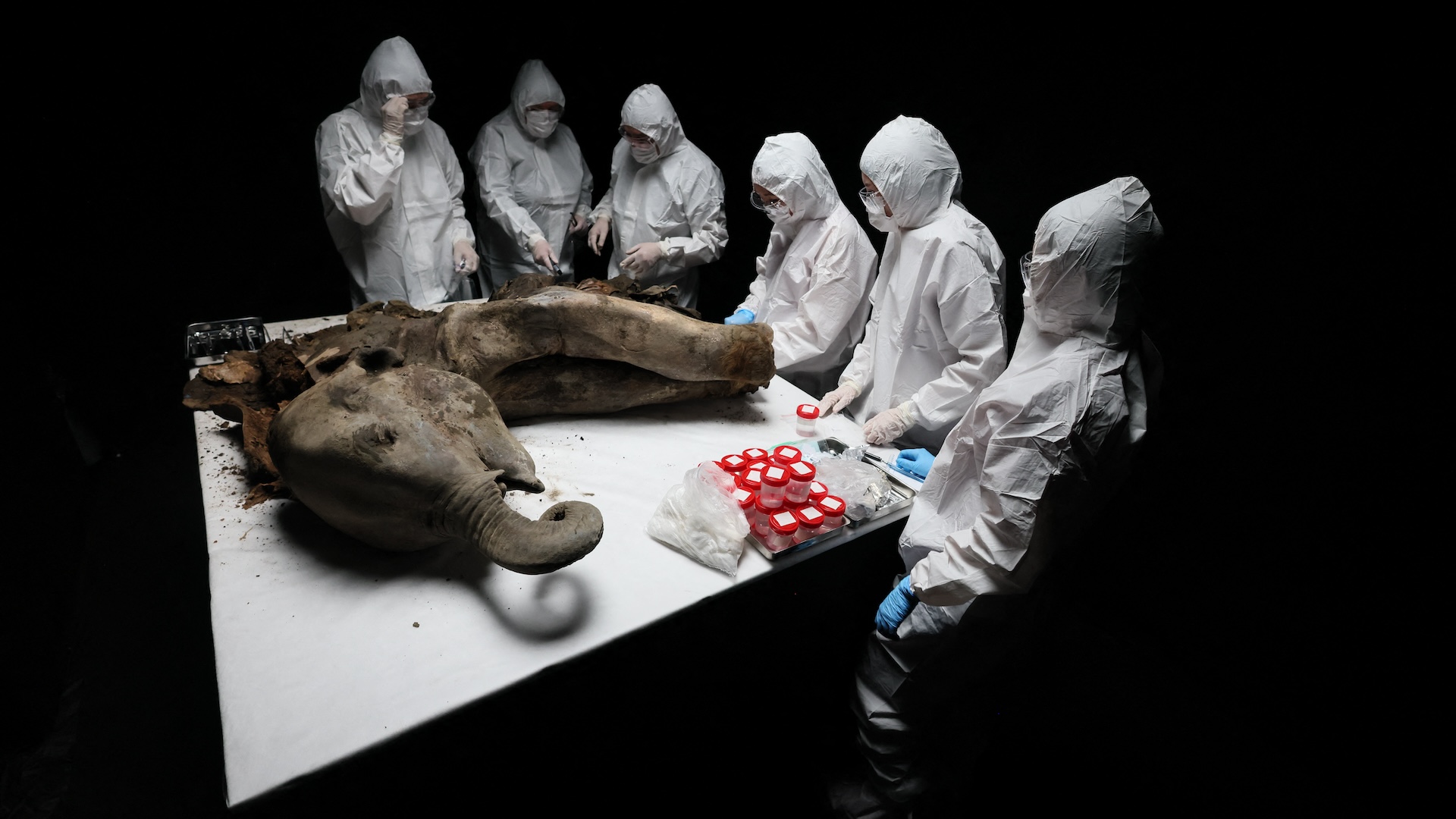
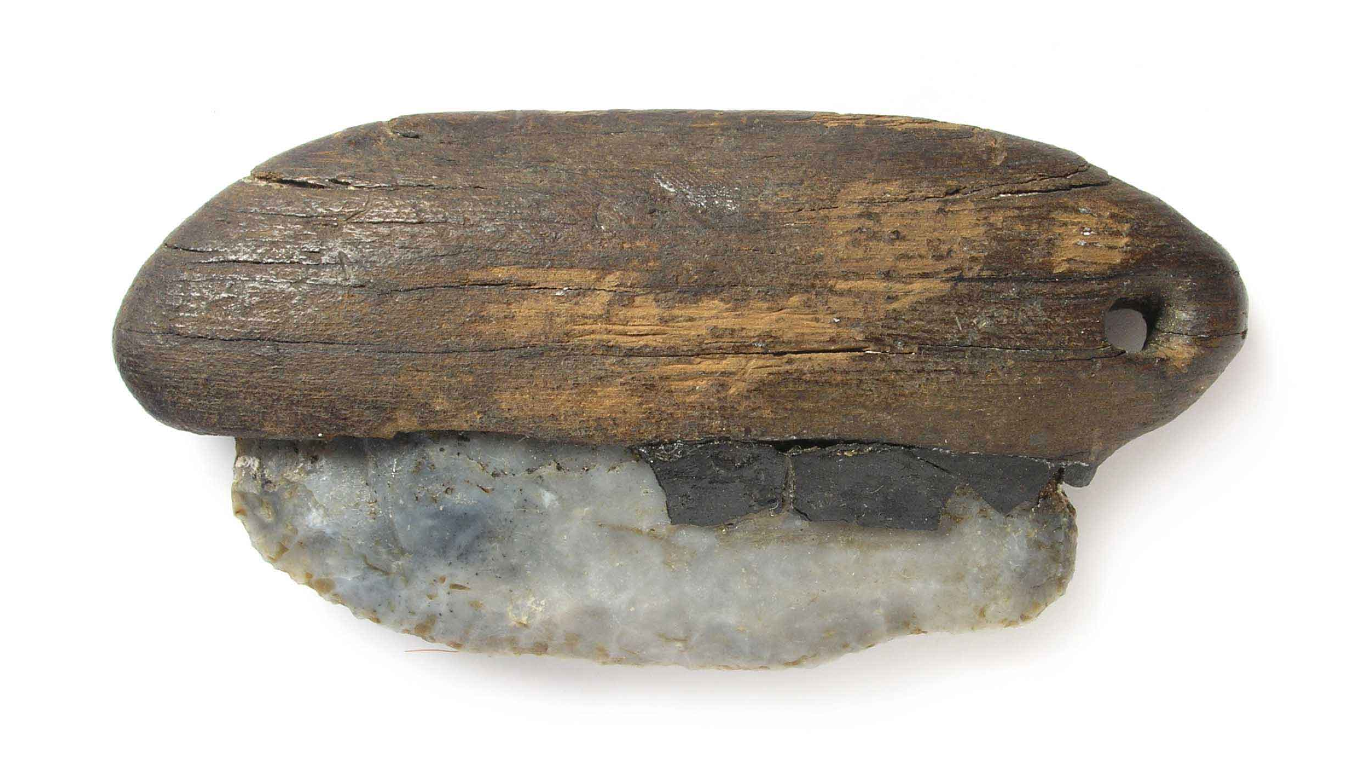


















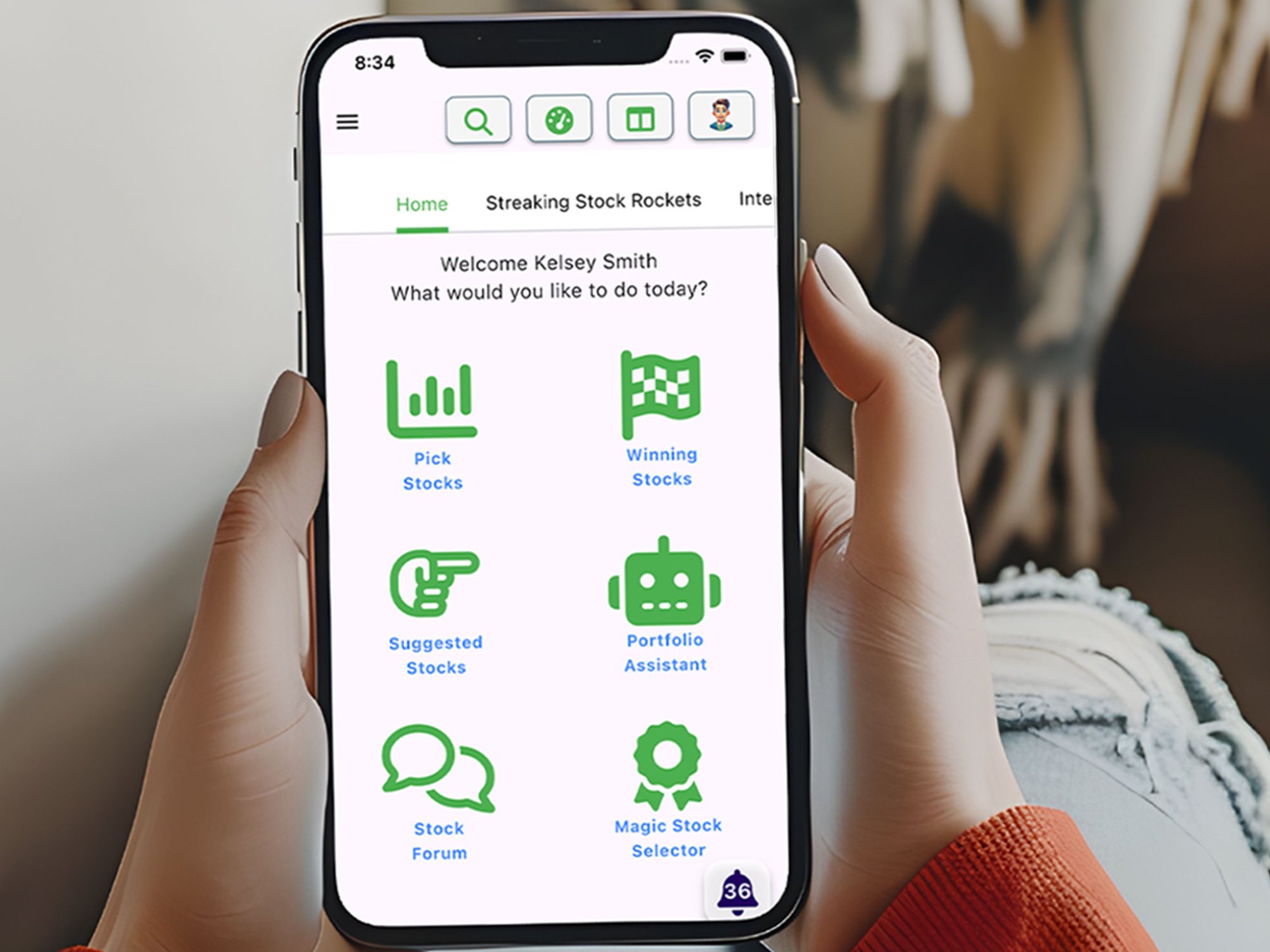

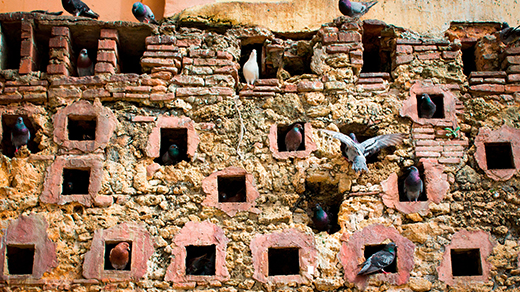


















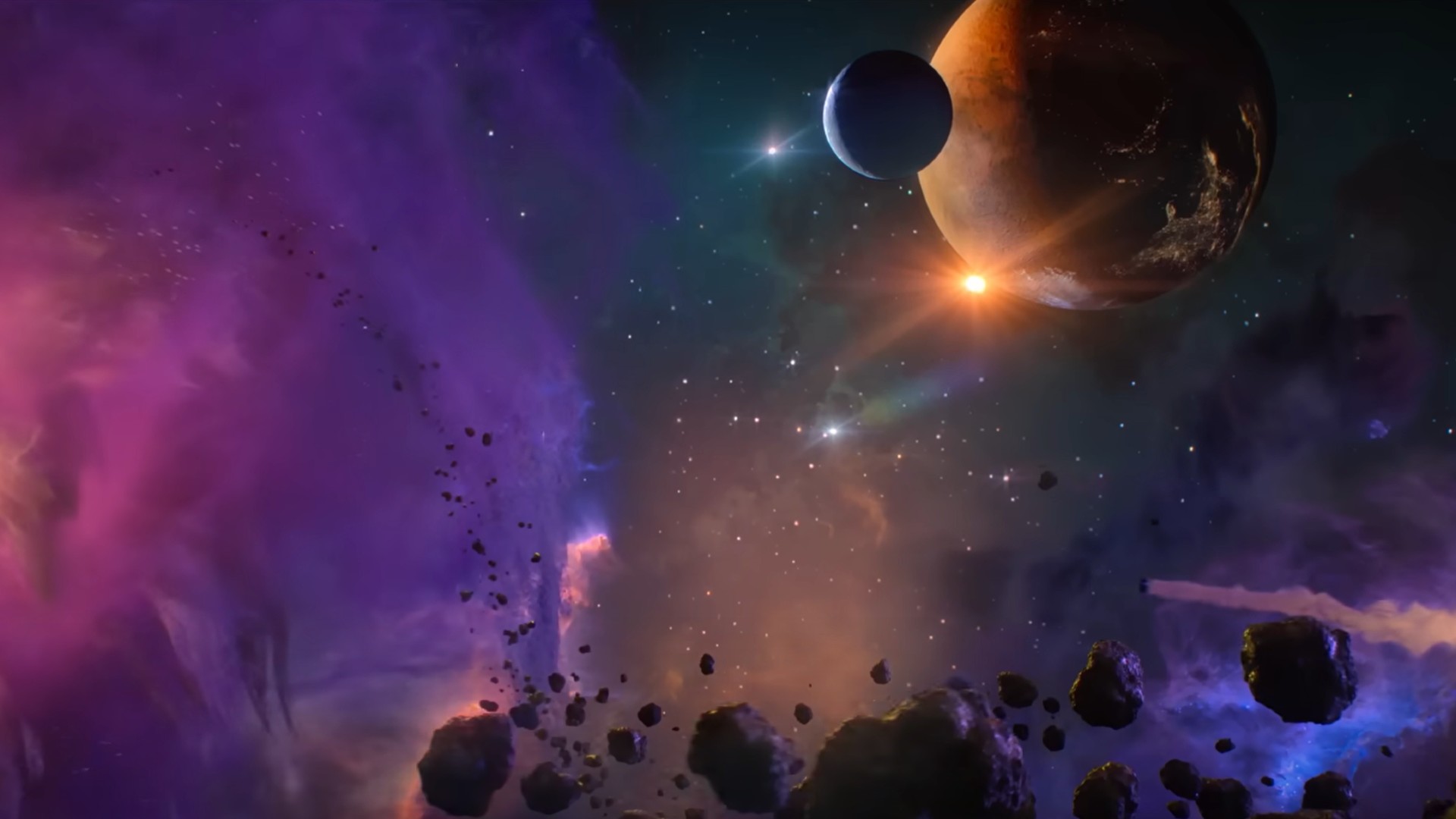
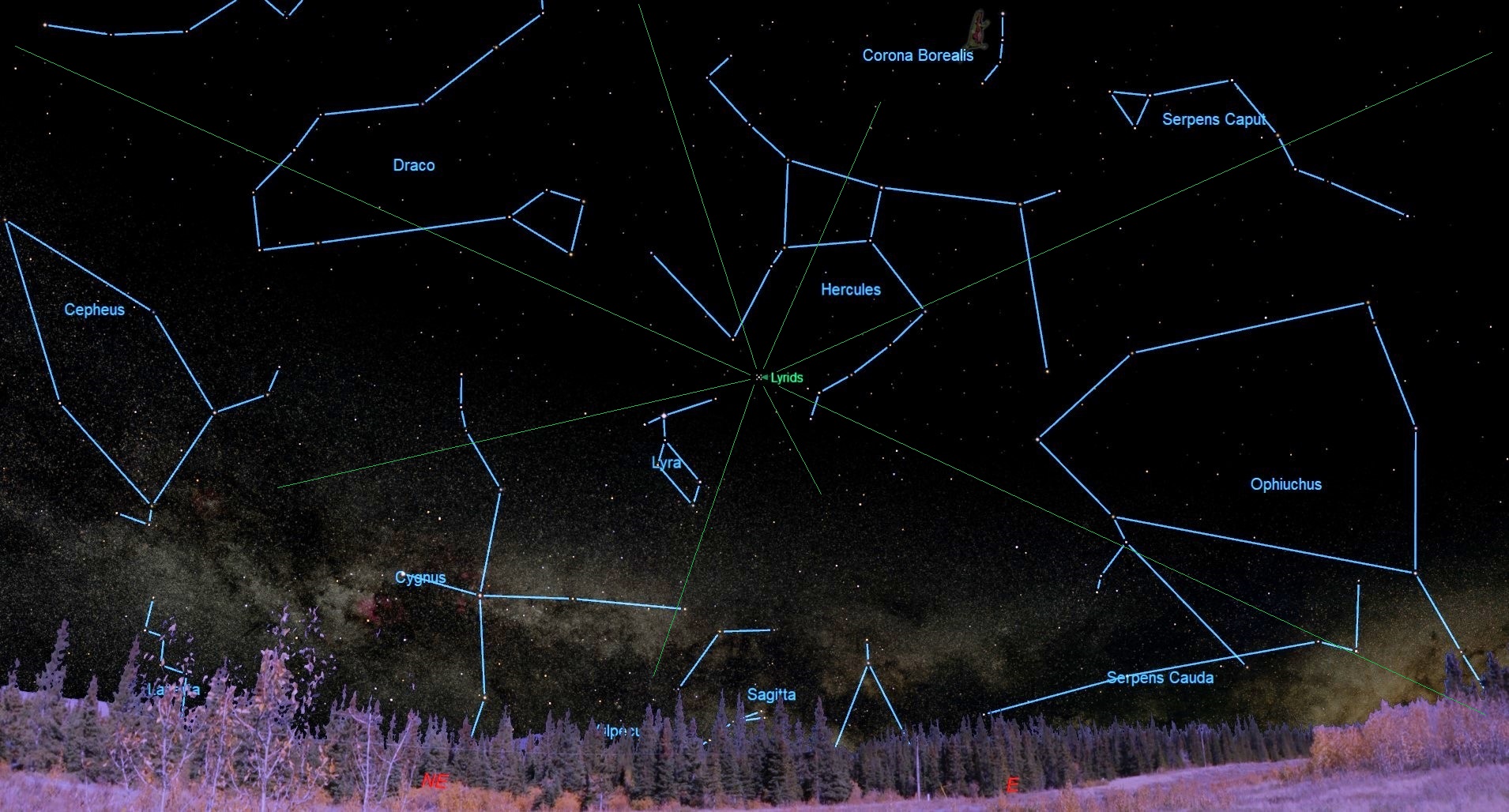


























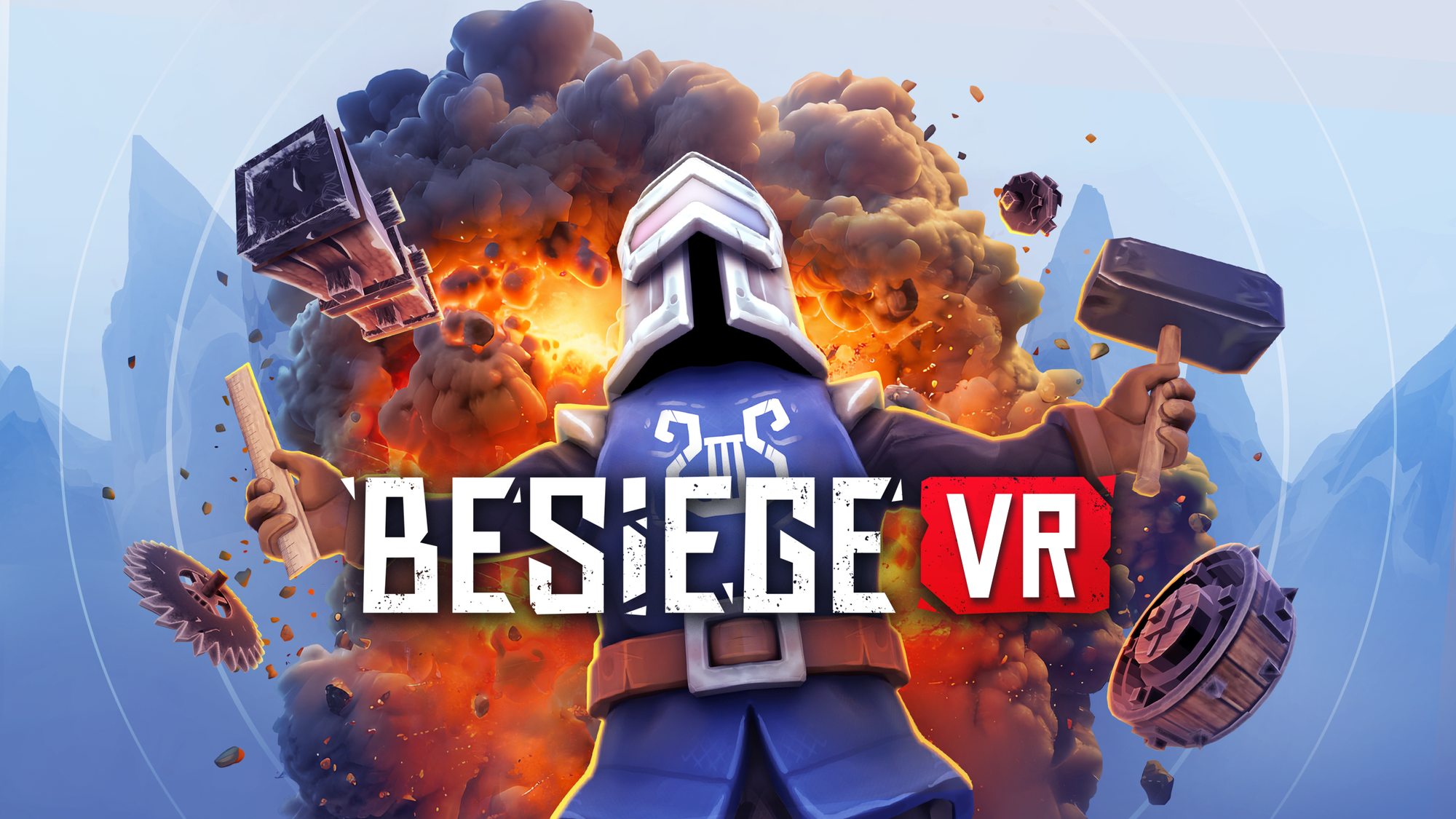






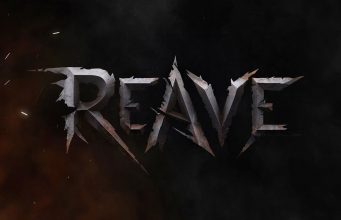
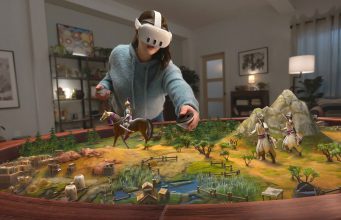

![The breaking news round-up: Decagear launches today, Pimax announces new headsets, and more! [APRIL FOOL’S]](https://i0.wp.com/skarredghost.com/wp-content/uploads/2025/03/lawk_glasses_handson.jpg?fit=1366%2C1025&ssl=1)















